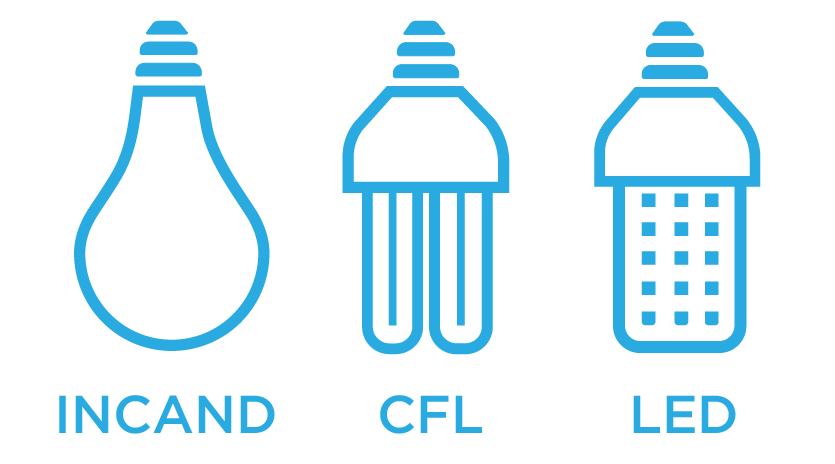Earth Day is celebrating its 48th Anniversary on April 22, 2018
And as Earth Day 2018 approaches we still have so much work to do to increase awareness. But, what good is awareness if it isn’t backed by action? For many people, the topics of pollution, global warming and sustainability have become very complicated. The problem is global and feels so big! We try to hear the important messages through all of the noise in our everyday lives. Fortunately, there is a lot of good information being shared. However, there is so much information that getting overwhelmed can be easy!
At Advanced Remarketing Services we try to look at all of our business processes for ways we can uncomplicate these topics, ways to reduce our carbon footprint, eliminate pollution, and increase the sustainability of our planet. Car Donation Wizard has been responsible for raising over $150-Million dollars for charity partners and reducing our carbon footprint on the planet by removing and recycling unwanted junk cars. It’s important to know that 80-85% of an automobile is recycled. So, anyone can make a significant impact by donating their unwanted used or junk car while also receiving a nice tax deduction.
In 2018, Advanced Remarketing Services is making the commitment to find more ways we can improve our Sustainability Plan. We understand how noisy it can get in the world. And in celebration of Earth Day 2018, and in an effort to keep things simple. Here are 5 Simple Things each of us can do in our everyday lives to help sustain our planet.
Replace Incandescent Light bulbs in your home or office

Replace incandescent light bulbs with compact fluorescent light bulbs (CFL) or LED light bulbs. CFL and LED light bulbs use 70% less energy which will also save you money on your electric bill. The average CFL light bulb lasts 10x longer than a traditional incandescent light bulb and the average LED last 25x longer.
Reduce, Reuse, Recycle
Cut down on your purchase or need for plastic bottles or containers. Reuse bottles, plastic containers, or any other plastic items in your house. Try to find other uses for them instead of throwing them away. Recycle any plastic, paper, or glass containers that you need to get rid of. This will help reduce the number of landfills.
Carpool When Possible
Many of us are reluctant to get out of our cars. We like to drive our vehicles to work and other places. However, if you could find a way and be willing to carpool just once or twice a week, it could dramatically decrease carbon emissions and greenhouse gases. According to the EPA, the average passenger vehicle emits 4.6 metric tons of carbon dioxide each year.
Conserve and Use Less Hot Water
There are many ways in which we can reduce the amount of hot water we use. Here are a few tips that will help you reduce the amount of hot water your home uses.
You can wash your clothes with cold or even warm water.
Take showers instead of baths.
Take shorter showers.
Install water saving showerheads.
When brushing your teeth or shaving don’t let the water run.
When waiting for the water to warm you can collect that water and use it for different purposes.
Use energy efficient appliances.
Water conservation is a topic we hear a lot about. Why? Because water is the most important resource we have. Water also uses a lot of energy to process, filter, and deliver.
Turn off Lights and Unnecessary electronic devices
This is another one that sounds so easy. Yet, we waste so much energy every day by leaving lights on longer than we need to or keeping devices turned on that aren’t needed. Get in the habit of turning those lights and devices off and watch the energy you save.
Although there so many ways in which we can prevent global warming, reduce pollution, and sustain our planet, it comes down to you and me. The small things we can do in our everyday lives can make the biggest impact. It starts with one.
ARS Earth Day Associated Posts: https://www.arscars.com/environmental-impact-auto-recycling
References:
Greenhouse Gas Emissions from a Typical Passenger Vehicle. (2018, April 05). Retrieved from https://www.epa.gov/greenvehicles/greenhouse-gas-emissions-typical-passenger-vehicle
